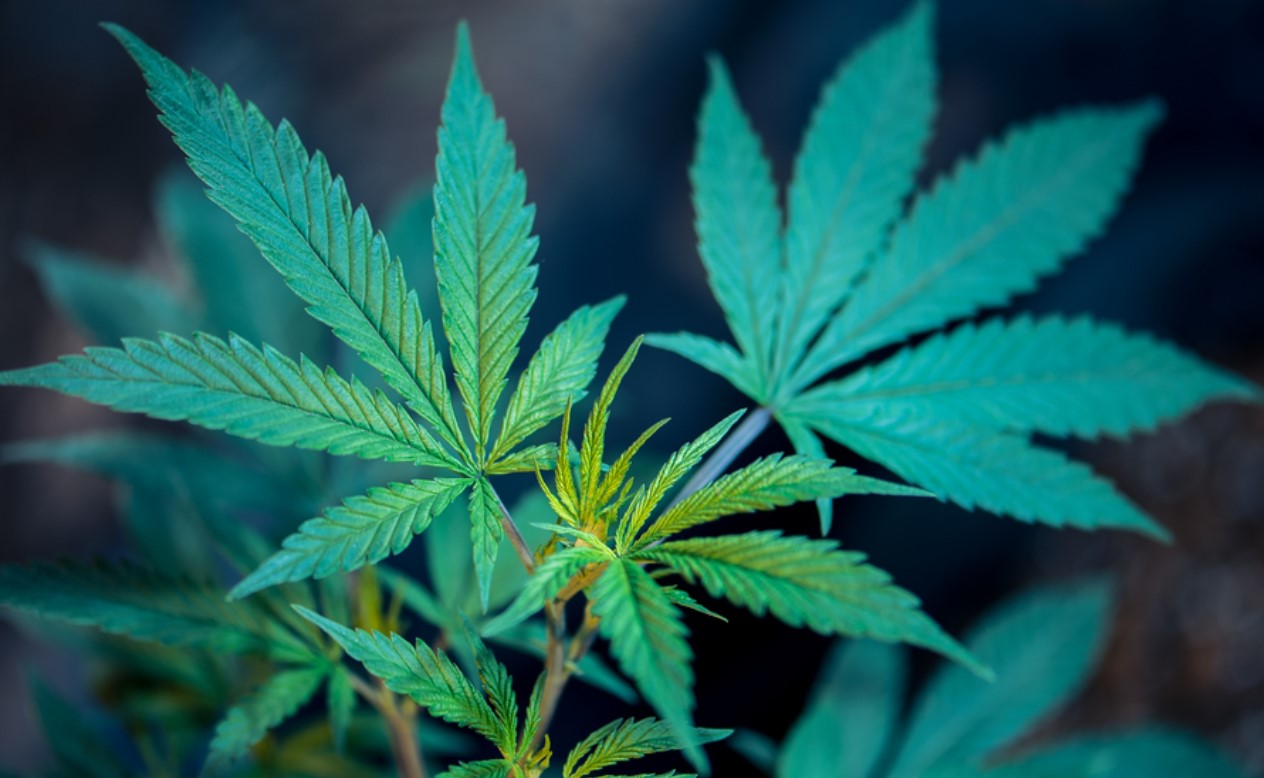What Causes Allergic Reactions to Weed?
Cannabis allergy research has not kept up with the cannabis community’s knowledge and techniques, yet now that it is becoming more deregulated and decriminalized, we can anticipate the flow of study data to continue. At this time, what is understood about cannabis allergic reactions is that many cases of cannabis or hemp allergies can be traced to a few factors: LTPs, plant protein cross reactivity, and cannabinoid/terpinoid sensitivity. Try our thc syrup toronto and heaven’s devil strain.
LTPs
LTPs, or lipid transfer proteins, are a plant protein strain that has been linked to allergic responses in humans across numerous studies. LTPs may also be found in various plants, as well as pollens and other plant spores. Cannabis-derived LTP sensitivity seems to stimulate this immune response in varying degrees. With additional study, LTPs suggest the potential for more precise targeting of people’s allergic reactions to marijuana.

Plant Protein Cross Reactivity
Other studies have found that individuals who are allergic to other foods, such as nuts or fruits, appear to be more prone to allergic reactions from cannabis. LTPs, for example, can cause cross reactivity in certain people because they include plant-based compounds that could previously induce sensitivity. People who were sensitive to cannabis or had hemp allergy symptoms showed allergic reactions to peaches, tomatoes, and other plant foods in several studies conducted recently. This relationship raises more questions than it answers, but it points us in the direction of a clearer picture as more research is done.
Cannabinoid & Terpinoid Sensitivity
In certain situations, terpenes or cannabinoids themselves might be responsible for allergic reactions to cannabis or hemp. Although these occurrences are rare, some research have identified patients who are sensitive to specific terpenes such as linalool, myrcene, and cbd. These single instances need further study to see if the terpene itself caused the person’s rash, or whether something else in their environment may have led to it.
Cannabis and Diabetic Retinopathy
Cannabis has also been shown to have a protective effect against heart disease, heart attacks, and diabetic retinopathy. Vision loss caused by diabetes symptoms includes weakening vision, blurring or loss of sight. Cannabis usage has been connected to avoiding these problems. Cannabis use can lead to less inflammation and an improvement in oxidative stress on the eyes, which is why maintaining optimal vision versus developing blurriness or blindness may be the difference between having healthy vision or seeing something for the first time.
Treatment
To date, there is no cure for a marijuana allergy. To manage symptoms and relieve discomfort, people may take antihistamines. Antihistamines are accessible for purchase over the internet. A person with a pollen allergy might receive allergy shots to reduce his or her sensitivity to the allergen. These, however, are not presently available for marijuana pollen.
Because of the scarcity of therapy options, those who are allergic to marijuana should avoid smoking, consuming, or touching the plant or drug to avoid allergy symptoms. In case of accidental ingestion and subsequent anaphylaxis, they should have an epinephrine injection (Adrenaclick, Epipen, or others) on hand.
Takeaway
The majority of people who have allergy symptoms related to marijuana have a minor to moderate reaction that is comparable to seasonal allergy symptoms. Skin irritation may also be observed. When someone stops taking the drug and its pollen, their symptoms will go away rapidly. Those who are severely allergic to cannabis should visit a doctor as soon as possible. They should also bring with them anti-allergenic drugs in the case of accidental ingestion of the drug.
Weed Allergy Symptoms
A marijuana allergy is similar to other allergies in terms of symptoms. They can differ depending on how you come into contact with the allergen. Marijuana and hemp are two different strains of the cannabis plant. The amount of tetrahydrocannabinol —THC, the chemical that makes you “high” — they contain differs.
If you have an allergy to marijuana, you may be allergic to hemp as well. You could also be sensitive to cannabidiol (CBD), another chemical present in cannabis plants.
Increased THC content
Marijuana is dioecious, which means that it produces male and female plants. Female marijuana plants produce more buds, which may be smoked recreationally, so they are preferred by growers. Because they contain less nuggets, male flowers aren’t utilized as much.
The more blossoms generated from the plant, the greater the amount of THC produced. Marijuana flowers contain tetrahydrocannabinol (THC), which is a chemical that produces euphoric effects. To regulate THC production, female cannabis plants are separated from pollination to ensure they don’t get fertilized. THC levels increase when grown in quantity and have an impact on your sensitivity to it.
Diagnosing a Marijuana Allergy
A skin prick test is used to identify a sensitivity. This test can reveal whether or not you’re allergic to a certain substance. Your doctor will pierce your arm or back with a tiny amount of an allergen in order to do this test. If you have an allergy, your body will react and induce an allergic reaction, such as inflammation or itching, within 15 to 20 minutes. You’ll show no signs if you aren’t allergic.
You may also check for allergies using a blood test. The immunoCAP test is the most frequent allergy blood testing. The enzyme-linked immunosorbent assay (ELISA) and radioallergosorbent (RAST) blood tests are additional allergy blood tests.
Allergen blood tests check for antibodies that are specific to a certain kind of allergen. The more antibodies in your circulation, the more likely you are to be allergic to a particular substance. Because blood testing lowers your risk of suffering anaphylaxis, it is considered a safer option. However, responses aren’t generally available for several days.
